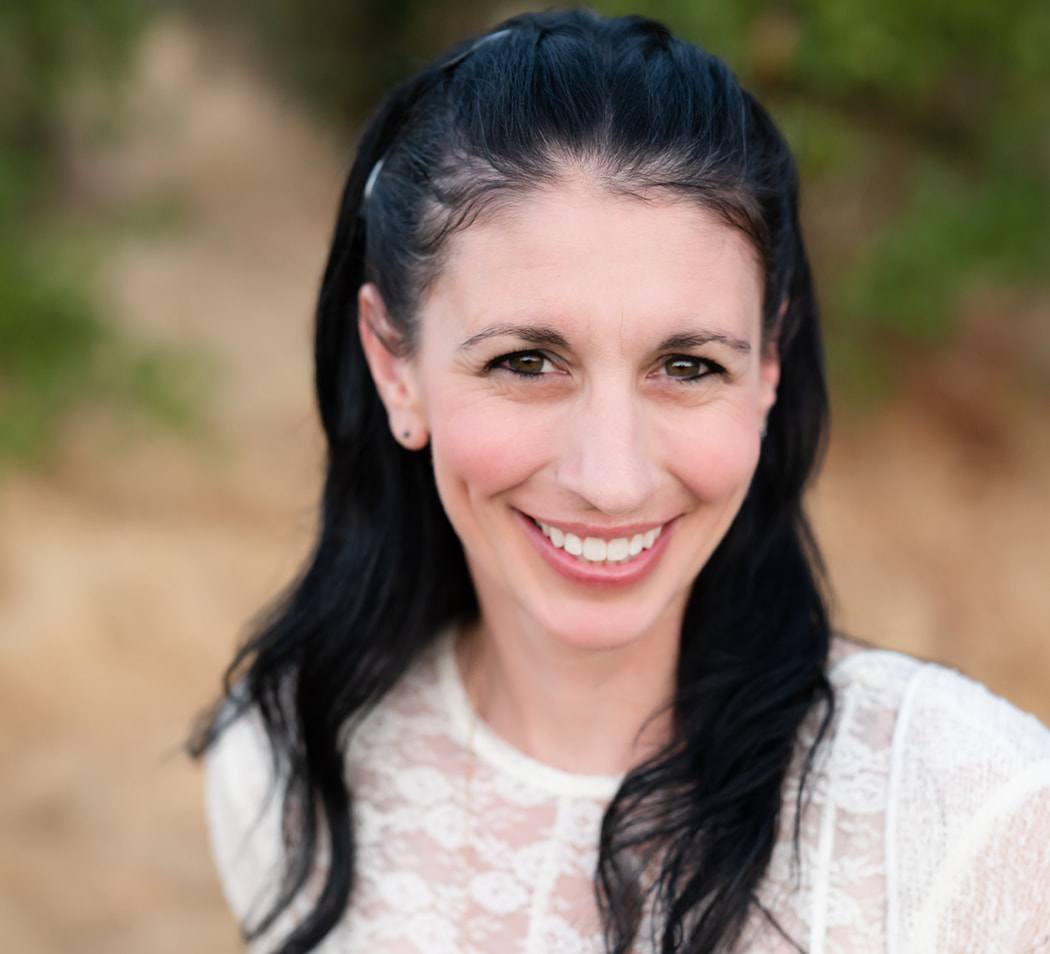|
It was a few weeks ago that I listened to talk relating to this very subject. The speaker was a mother of a boy who committed a violent act against his peers and then took his own life.
As I listened to her speak, I felt intense compassion for her suffering due to the actions of her son, her sincere apologies to all those affected by her son’s actions, and I also had immense compassion for her because of the tragic way her son left this life. She spoke about how she loved her son as any mother would; that he showed no signs that anything was wrong or that he was planning anything violent; that she was a ‘present’ parent, and yet, her son still committed a violent act against others, and then himself. She also said something that stuck with me. She said, “love was not enough to save my son.” I believe that what she meant was, despite her son knowing that he was loved, he still could not see his way out of his thoughts and feelings that caused him deep suffering. Often this suffering is in silence, because with this, there is a false belief that no one can help us, make us feel better and fix our problems, so we keep how we are feeling to ourselves and try to figure out on our own how to find peace. So, this raises a very important question… “Is ‘love’ enough?” I want to say that the answer is a definitive “yes,” but that would not explain why these violent events continue to happen, or why there is a high rate of depression and self-harm among teens, because often these young people come from homes in which they are loved. There might be struggles, quarrels and challenges, but there is still love. I found this to be a very important question to answer for myself… “Is ‘love’ enough?” My answer is still a definitive “yes,” however, it is how we look at and understand love, and what we are taught about love. “Love” does not seem like enough sometimes because, as children, we often perceive this love to be conditional. As parents, we certainly love our children “unconditionally,” yet we still must set conditions so that our children grow to be “healthy, happy, functioning adults,” which can be interpreted by our children, as “conditional love.” And when, as children, we feel that we are loved “up to a point,” we instantly feel a deep sense of stress and struggle to adhere to expectations. I recall my teenage years. Despite coming from a loving family, having loyal and caring friends, getting good grades, being a part of academic clubs, and having good relationships with my teachers, I still felt “lost” at times as I tried to make my way through my challenges—whether those challenges were academic, social, familial, or within myself. In hindsight, this feeling of being “lost” stemmed mostly from my lack of understanding of what “love” really means and how I could feel this love. I was consistently trying to “find myself.” And I often felt that it was my responsibility to figure everything out on my own—that “no one knew how I felt or what I was experiencing.” (Honestly, sometimes I did not even know why I felt the way I did or why my experiences were causing me to feel “bad.”) Isn’t that the way we feel sometimes even as adults? And for a teens/tweens—who are still growing mentally, physically and emotionally—this feeling of being “alone” can be exponentially more challenging to deal with. We have all found ourselves in “dark places”—our own “inner-hell”—at one point or another. And when in these places, we lack hope and faith; we see all the “wrongs” in our life and are temporary blinded to seeing what is going right; we may feel easily rejected; we may feel angry about certain events that happen in our life; we have a difficult time accepting that others love and care about us… it is a place where anyone, especially a teens/tweens, can get stuck in. Thoughts are powerful. Think enough of the same types of thoughts, they form beliefs, and what we believe becomes our perceived reality. At some points in my teenage years, what I believed sometimes led me to having an eating disorder, low self-confidence and even at one point questioning my own worth and value. So then, is “love” enough to see a young person out of their darkness? If we are viewing “love” from a “pure” perspective, outside of this human experience, then the answer is an absolute “YES.” The fundamental flaw with this question though is we are not fully taking into account that most people view “love” as “love, but…” That is to say, “I know you love me, but…” Sometimes our love for our children can’t contend with what the mind is telling them. There are four fundamental qualities of love from a divine perspective (as defined in the book, The Three Supreme Gifts): compassion, grace, mercy and patience. I believe that if more young people were able to understand how these qualities can empower them to find a deeper sense of purpose, joy, acceptance, peace and fulfillment, then they could have the confidence to know that they can and will get through their struggles and they are here in this life for a special purpose…. and that they are never alone. That is my prayer for our youth — that they find their way to and through eternal love—true love, God’s love, Christ’s love, et al., freely given, without condition and always beneficial—which is always enough. This love saves all. --- You are free to share this or any part of this article as long as you link back to and credit this blog article. - www.LoveIsTheSeed.com.
0 Comments
|
AuthorLisa Hromada Archives
July 2024
Categories
All
|
|
Love is the Seed (™) is a spiritual empowerment lifework led by Lisa Hromada, Empowered Lifeview (™) Guide and Life Transformation Mentor and is dedicated to empowering and inspiring women to harness the power of their mind and align with their soul, so they can experience greater joy, self-confidence, and inner peace... no matter their circumstances.
Through spiritual teachings and practical Empowered Lifeview (™) methods, you're guided on how to navigate your times of challenge and uncertainty, and gain the clarity, control, and confidence you need to be happier and more at peace in their life. |
Love is the Seed
|
About
|
* A selection of stock imagery, audio clips/music and video clips courtesy of pexels.com and bensound.com
Copyright © 2024 by Lisa Hromada, Empowered Lifeview™ Guide & Life Transformation Mentor | Love is the Seed Official Website | All rights reserved.
DISCLAIMER: This site is not intended to provide, and does not constitute medical, mental health, grief, financial, legal, or other Professional advice. The content on Love Is The Seed (LITS) is designed to provide general supportive ideas and resources for a purpose, Spirit-inspired and God-led life — to help you through times of challenge and grief, as well as create and transform various areas of your life in positive ways, including your business and professional brand. It does not in any way represent to be, nor replace, the advice of credentialed experts or professionals. If you are in need of additional support in specific areas of your life that you can't seem to resolve, I strongly recommend you reach out to specialists in your local area who are qualified to provide that guidance to you. Before using this Site and any content provided herein, please read my Privacy Policy and Terms of Use. Your use of this Site is deemed to be your acceptance of these Terms.




 RSS Feed
RSS Feed
